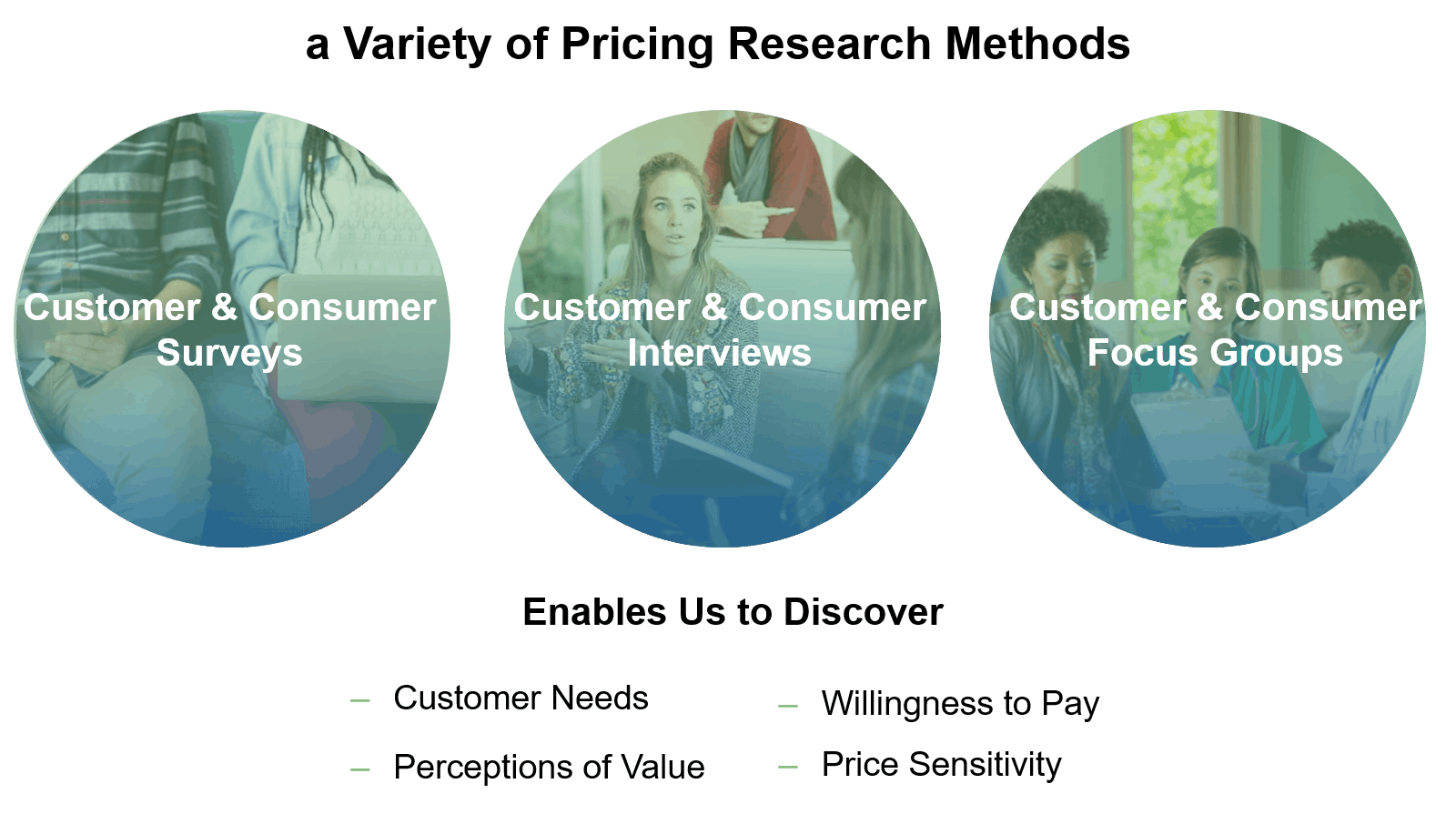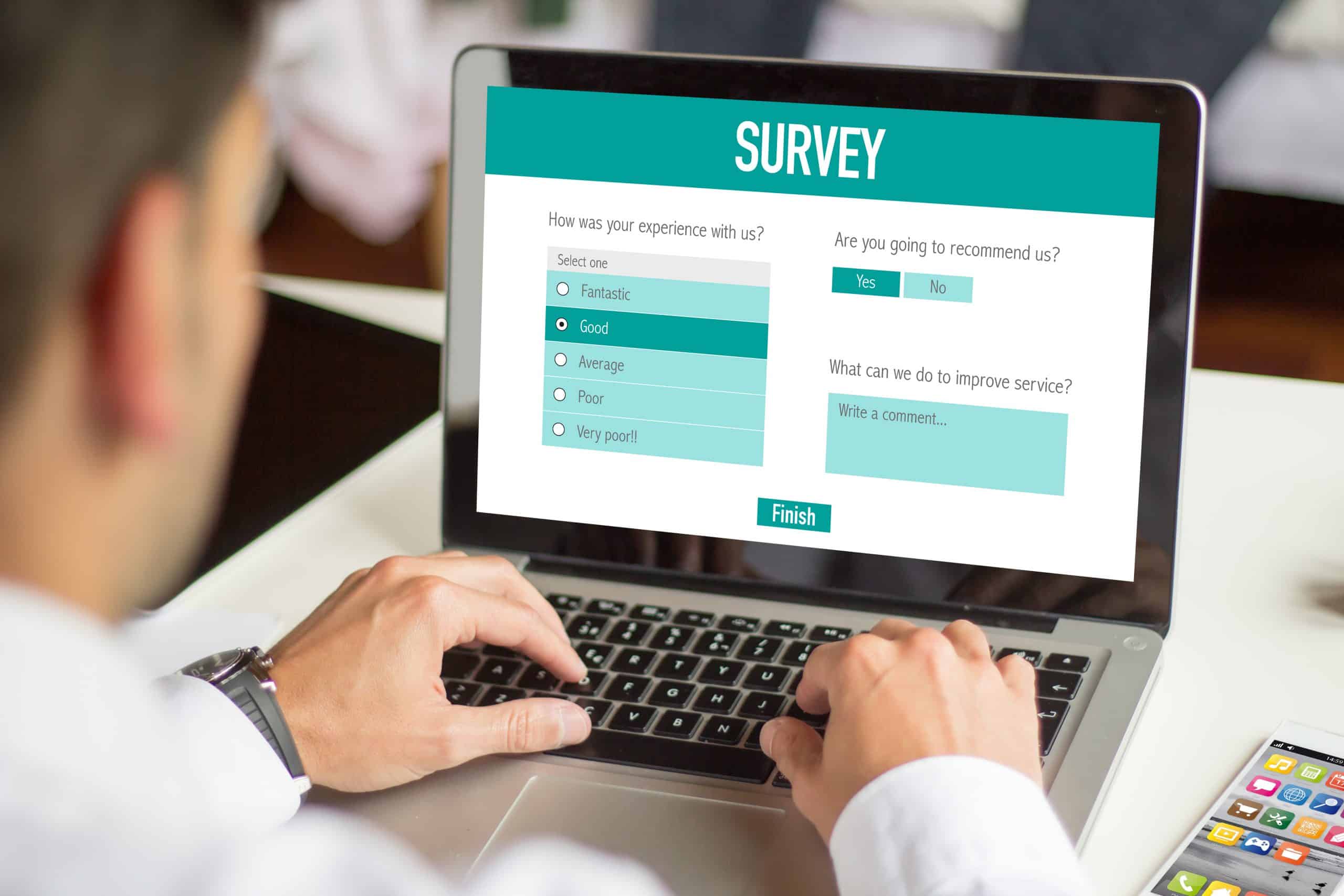By Greg Thomas, Vice President of Pricing Research at Pricing Solutions
Given the current situation with COVID-19, businesses are facing uncertainty and have more questions than ever around the pricing of existing and new products. Typically, companies would engage in research (i.e. surveys, interviews and focus groups) with their customers to help answer some of their near and long term pricing strategy questions.

However, with the COVID-19 crisis causing upheaval to business environments, many companies are questioning the accessibility and reliability of customer research and are wondering if:
- They can engage customers in pricing and value research at this time
- Customers will participate in surveys, interviews and focus groups
- Customer responses will be significantly influenced by the crisis
- Research results will provide meaningful insights that companies can base their business strategy decisions on.
All these concerns are valid when considering and evaluating the role of customer research during a time of crisis. Keep in mind that there have been a few times in recent history when companies have faced similar situations of high business uncertainty; the 2008 recession, SARS and 9/11. During each of these highly uncertain times businesses had similar questions and concerns. To think this through we have outlined the possible challenges that may develop when conducting research during this time period, potential solutions to address and minimize these research challenges, and pertinent feedback from the front-line respondent recruiters and market research panel companies who are conducting research during the COVID-19 crisis.
Challenges to Customer Research in a Time of COVID-19 Crisis
Some challenges that could potentially impact the execution and outcomes of customer research during times of uncertainty include:
- Reductions in overall respondent response rates: Less people may be willing to participate in research, which means that more time and effort could be required to achieve a certain customer sample target size.
- Respondent bias: People’s behaviour may be influenced by current events and could result in an overly pessimistic outlook towards the future.
Implementing a Strategic Approach to Customer Research During Times of Crisis
Knowing that different types of pricing research achieve different goals and provide various insights, it’s important to implement strategic research design and execution considerations to minimize the challenges mentioned above.
Jackie Lorch points out in her article Research Continuity in the Time of COVID-19, that “it is more vital than ever to keep in touch with [consumers] and not risk being left with a data ‘black hole’ as the world recovers.” With this advice in mind, our team recommends the following best practices:
- Be transparent about how and why you’re collecting data and address concerns about privacy and security.
- Be mindful of the respondent’s time.
- Make the communication as concise and short as possible.
- Clearly communicate the topic so respondents can decide if they want to participate or not.
- Target the respondents as precisely as possible so that you are introducing a relevant and interesting topic to the right person. Lorch points out that it’s important to consider whether the respondent’s attention is needed elsewhere (i.e. front line health care workers). If so, then it will not be beneficial to ask these respondents to participate at this point in time.
- Set a positive tone by using a positive and engaging voice in all communications. Softer language is a good way to accomplish the right tone. For example, Lorch suggests asking respondents to share feedback “when you’re ready”.
- Strongly frame the context or mind-set you want the respondent to take. For example, ask respondents to answer as if the crisis is over and times are normal.
- Develop questions regarding the respondent’s future expectations for their own personal well-being and their community’s well-being. The data from this question can be used to segment respondents into pessimistic and optimistic groups, then an analysis can be conducted to understand if there is a difference in responses to key questions.
- The Pricing Solutions team conducted several surveys following the 2008 recession where we developed future expectation questions. We found no significant difference in behaviour between pessimistic and optimistic respondents relative to the new product concepts or the price levels we were testing. Read our case study to learn more.
Insights into the Impact of COVID-19 on Customer Research
We partner with different global fielding and respondent panel agencies that recruit and survey consumers in both B2C and B2B spaces. We have casually polled many of these fielding market research partners, who agree that overall response rates have not significantly changed.
In some cases, customer rates have modestly improved as people suddenly have more free time on hand. Some feedback even suggests that participants are eager to participate in a topic that is not COVID-19 related. While this response is certainly dependent on the consumer or customer type and business vertical, recent research from M3 Global Research on the effect of COVID-19 on healthcare market research participation suggests that “for 99.7% of respondents (n=5,665) that are willing to continue to take part, market research is a welcome distraction from the immense pressure they’re under at work.”
Ultimately, key business strategy questions around a new or existing product’s pricing and value proposition continue to develop and need to be addressed, despite the COVID-19 crisis. Our team believes that customer research during the COVID-19 crisis can still produce reliable results when carefully implemented. With this in mind, we recommend our clients continue to explore consumer perceptions of value and willingness-to-pay, while taking the recommendations of how to conduct customer research during a time of crisis into consideration with research design.
Looking for pricing guidance during this uncertain time? Give us a call. Our team is available to assist companies through the turmoil caused by the coronavirus pandemic.




